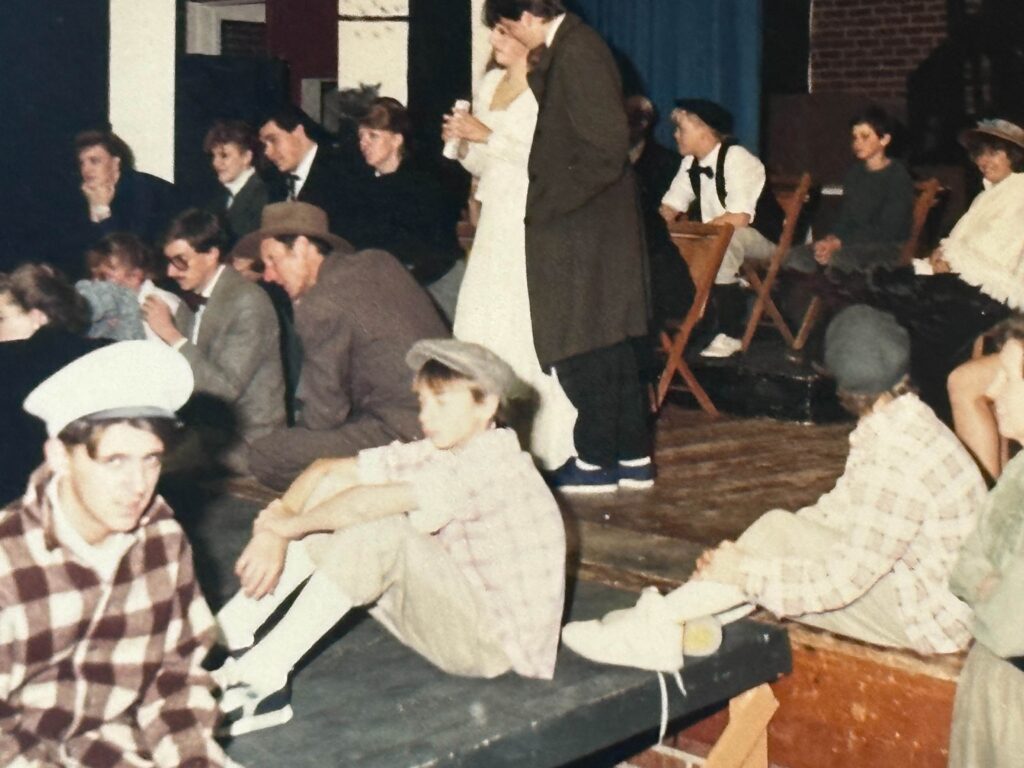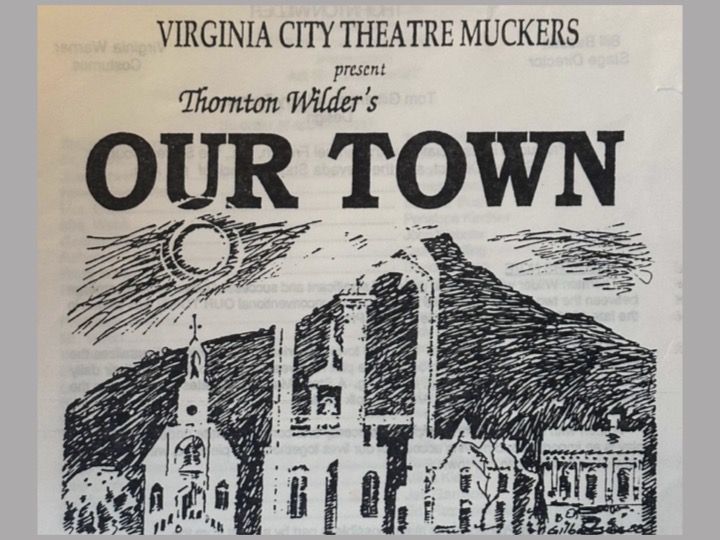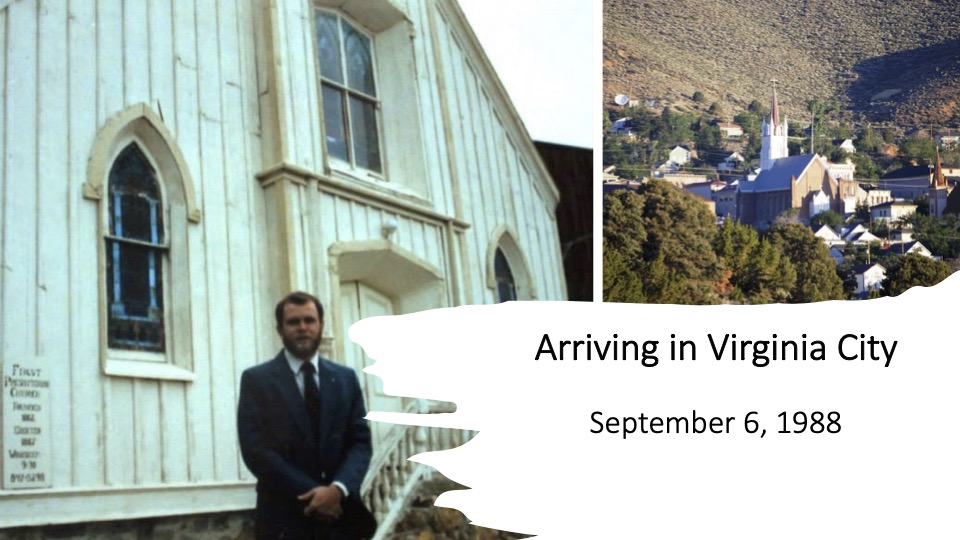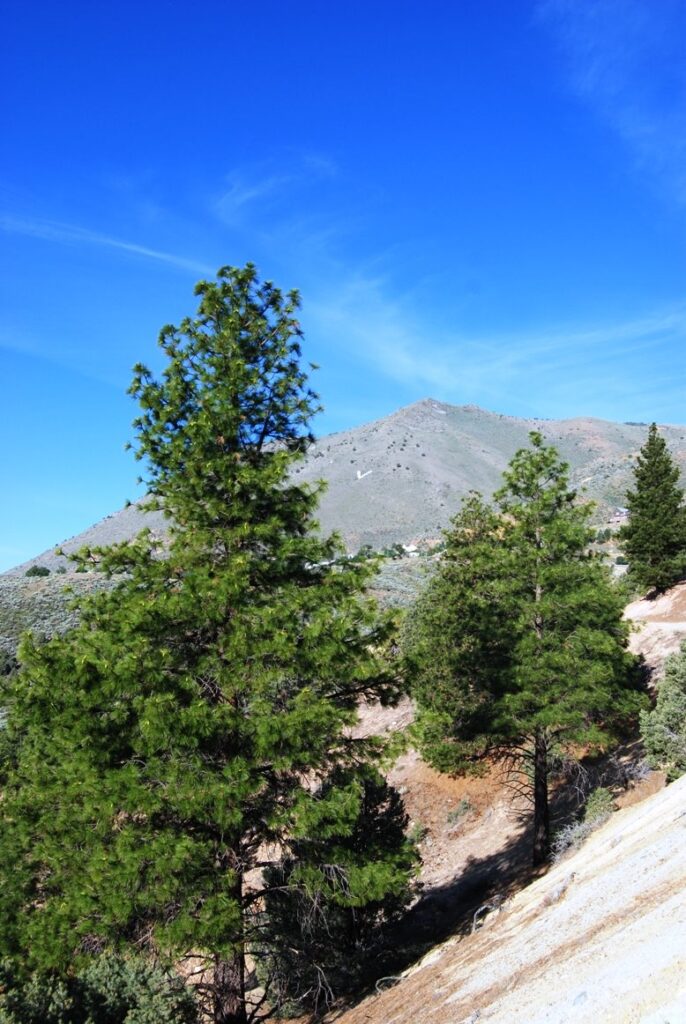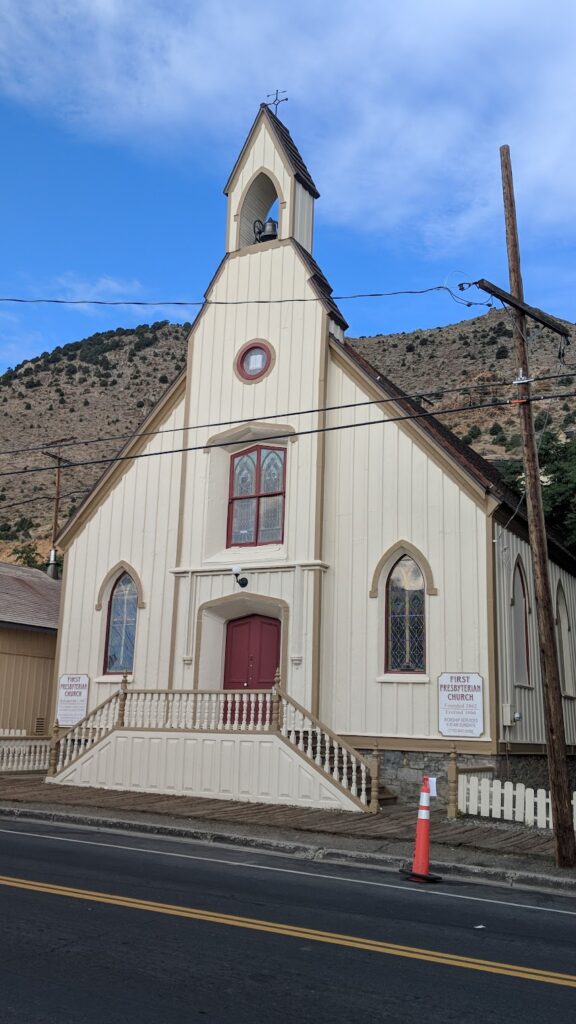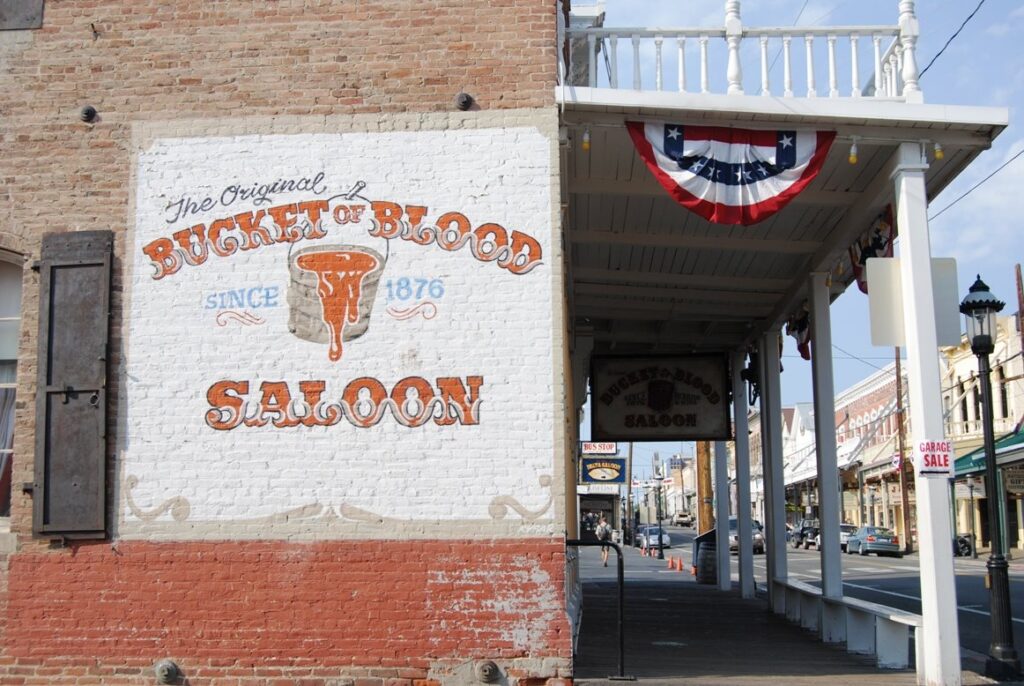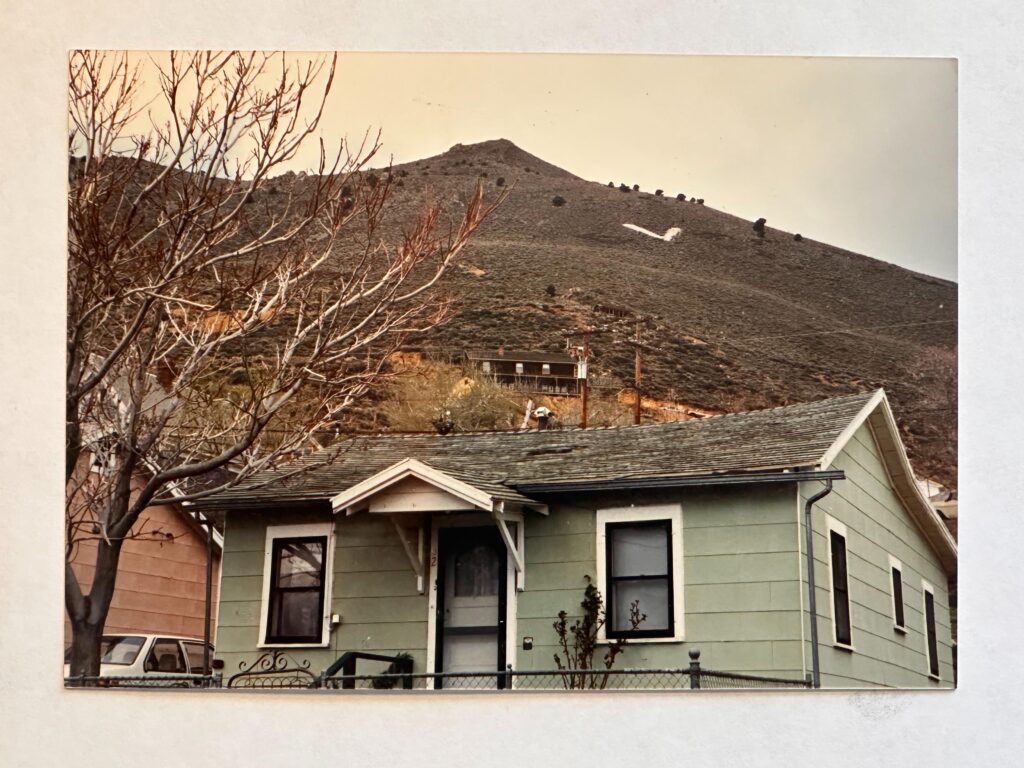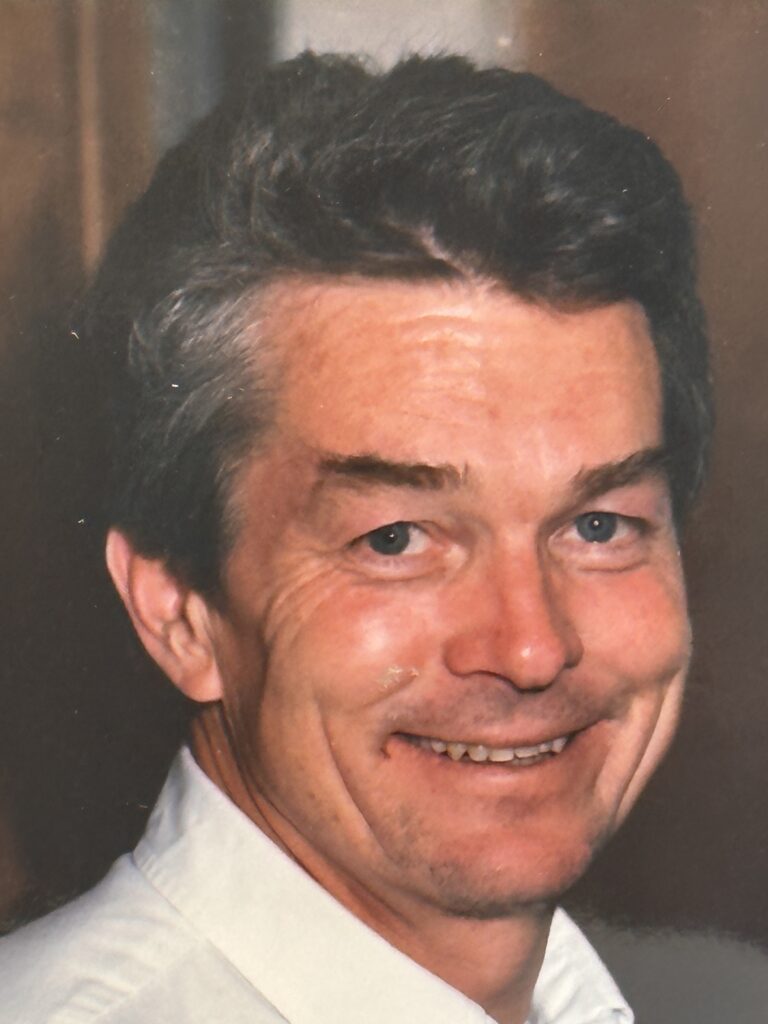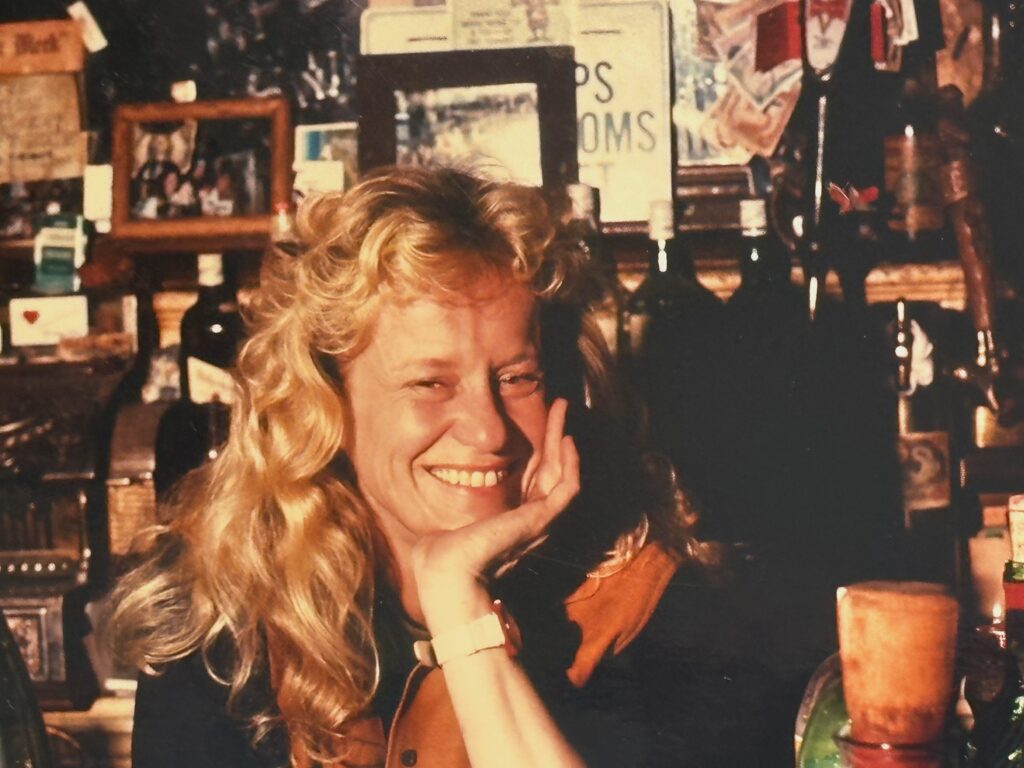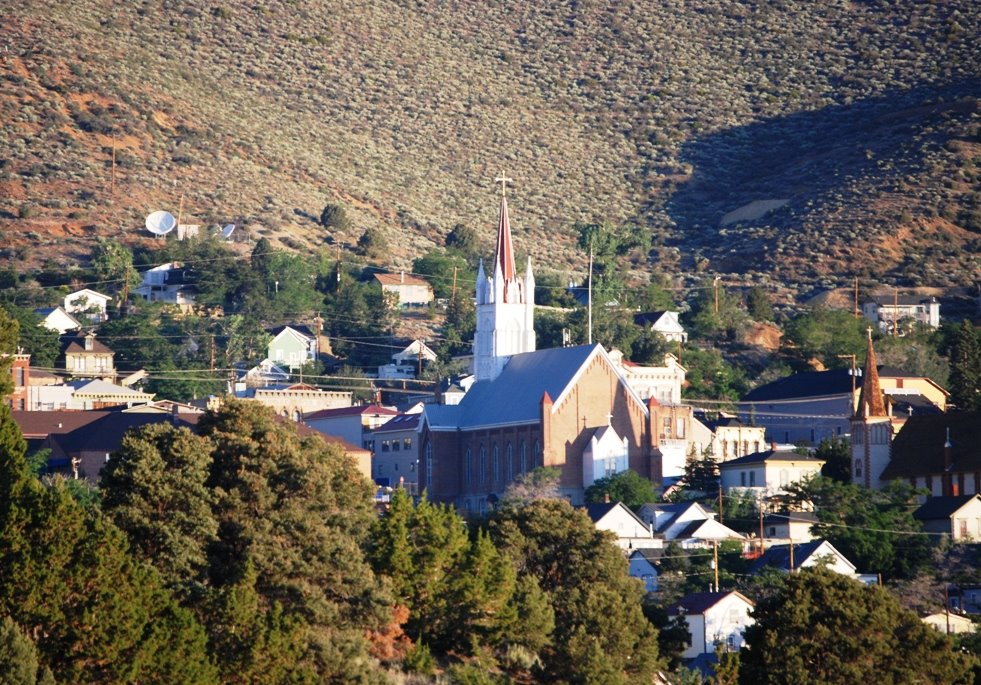The year before I left my job with the Boy Scouts and headed to seminary, I wrote out five-year goals. One goal was to be act in a play. I have always enjoyed the theater and wanted to experience acting firsthand. I got my chance when I moved to Virginia City in September 1988. A week or two after arriving on the Comstock, I saw an advertisement for tryouts for a play which would include students and adults.
I asked some of the church folks about the Mucker’s Theater Group and received mixed feelings. For years, they had used the church for their performances. But there had been some bad blood between the two organizations. They were supposed to clean up the church on Saturday nigh, returning the sanctuary to a state where worship could be held the next day. A few years before, when the theater group left the church chancel looking like a bar after a fright on Sunday morning, the church threw the group out.
In the hope of removing some of the bad blood between the theater and the church, as well as meeting a personal goals, I showed up at the tryouts. I was offered the role of Joe Stoddard, the town’s undertaker. My presence in the play brought many of the church members back to the theater.
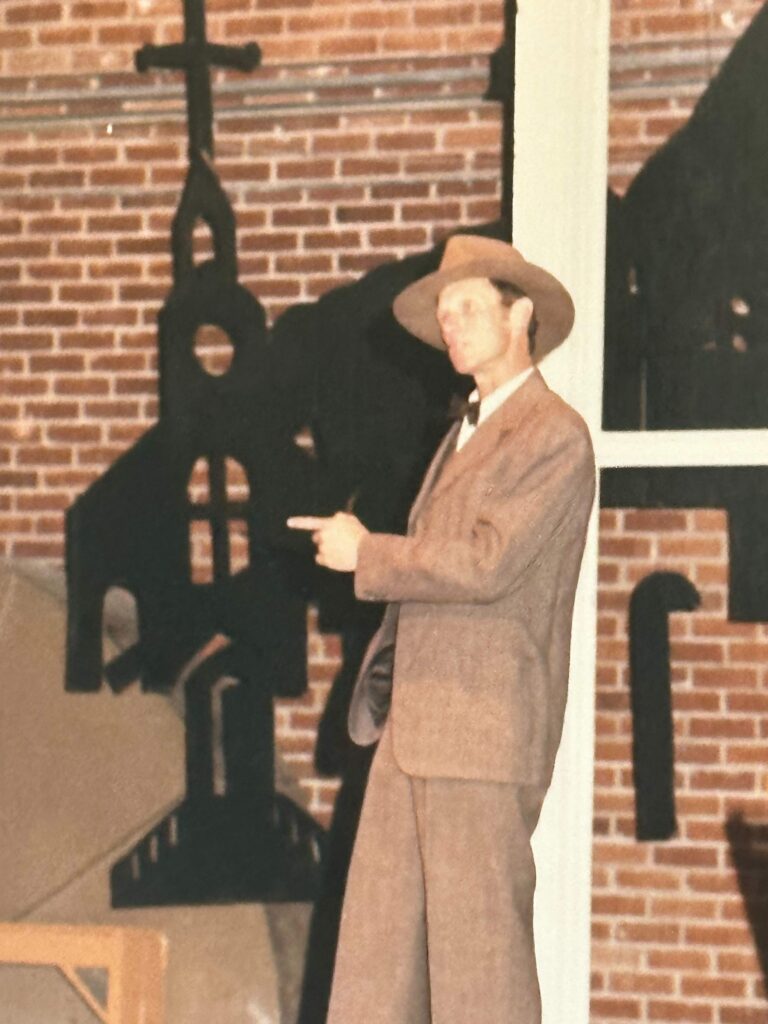
We began practicing in September. It was still warm and daylight when practice began, but as they continued, the weather became cooler, and daylight decreased. Our production ran from Thursday through Saturday evenings, November 10-12. By then, the zephyrs blew and we experienced a few snow flurries.
For a town with only 700 residents, we played to pack houses. Almost everyone attended, not just from the town but from down in the valley. By the third night, we were feeling pretty good about the attendance and the play itself. This set the scene for one of my favorite memories of my time in Virginia City which occurred on the last night of the play.
“You know, we’re missing the Flapper tonight,” I confided to Penny and Christy as we waited backstage for the curtain to rise for the closing night.” I hoped someone might be interested after the play and cast party. Since this play had a cast that included elementary school students, the planned party only involved cake and punch.
“We don’t have to miss it,” Christy said as she lowered her voice. “Let’s slip out after our scene in Act 1. We don’t have to be back until the 3rd Act.
“Should we?” Penny asked.
Christy and I smiled.
The three of us had minor parts in the play that involved the entire community. With a high school that fourteen graduates in its senior class, everyone had to be involved. Penny and Christy were both teachers. The school janitor had the leading role as the stage manager. Emily and George Gibbs, two other leading characters, were high school students. Bill, the director was a halftime teacher and a halftime state employee for the purpose of fostering the arts in rural parts of the state.
Twenty minutes after the play began, we slipped out from behind the gym that also served as the auditorium for the Virginia City School on D Street. The night was cold. As we climbed the steep steps up to C Street, we giggled as we began to breathe heavily. Our warm breath appeared as smoke that filled the air. We crossed an abandoned C Street on the south end of the business district this time at night, and headed north up the boardwalk. After we crossed Dayton Street, where there were still bars opened, a few cars were parked along the road. When we arrived at the Silver Stope, the bar which hosted the party, Christy took hold of one of my arms, Penny grabbed the other.
“We’ve come all the way from Grover’s Corner,” we shouted, making a grand entrance. All three of us had minor parts in the play, but we enjoyed hamming it up for the bar patrons. Most of the patrons dressed as if they were visiting a New York Speakeasy during the 1920s. Almost all of them had seen the play earlier in the week warmly welcomed us to the party.
Of course, we weren’t dressed as flappers. New Englanders didn’t have time for such nonsense. Christy and Penny played the wives of farmers and wore calico dresses. As Joe Stoddard, the town undertaker, I sported black jacket and a stovepipe hat, which had probably been left-over from some school play about Abraham Lincoln. With my costume, I could have just as easily played the role of a well-to-do 19th Century Mormon polygamist taking my wives out for a drink.
While most of the bar’s patrons dressed like flappers, one person stood out. Murray Mack was on the piano, wearing his usual evening attire for a night on the Comstock, a rather loud 1970s era polyester leisure suit. Murray, who repaired glass during the daytime, would dress up at night and was well-known for his gift of pounding out ragtime on the piano. Tonight, he had moved up a decade to play jazz.
On the floor in the middle of the bar sat an antique claw-footed bathtub filled with a pink liquid. We were handed three clear-glass cups which must have come from someone’s punch bowl set and were encouraged to imbibe. We all scooped a cupful of the concoction. It was awful. I didn’t ask for the recipe, but I assumed it consisted of 190 proof Everclear, or maybe it was kerosene, mixed with powdered Kool-Aid. After my first sip, I looked to find a place to ditch my drink. Seeing no plants in need of watering, I excused myself and took my cup into the bathroom.
Moments later, I returned with an empty cup. The bartender came from behind the bar to snap of photo of us with a Polaroid camera. This photo enshrined us on the bulletin board by the door. Having just emptied my cup, I felt bad dipping it back into the drink. But they insisted I have some of the so-called gin in my cup, so I reluctantly dipped it back into the tub. It was more of the thought of dipping a used cup into the juice that bothered me for that tub contained enough alcohol to have killed any depictable germ residing on my cup.
With my cup nearly pouring over, the three of us stood behind the tub and raised our cups for a toast to the Virginia City Mucker’s production of “Our Town.” He snapped a photo. We asked the bartender if he would snap another, so we could present the director evidence of what some of his adult cast were doing between their scenes. He did. After visiting with folks for a few minutes, we placed our cups on the bar and headed back to the high school. I noticed, like me, neither Penny nor Christy had finished their drinks.
We were back in time for the final act. As undertaker, I had to see to it that Emily Gibbs was buried one final time. Penny, who played her mother, sobbed throughout the scene. Christy, ignoring her blocking instructions and her lines, stepped in front of Penny to console her grieving friend.
“It’ll be okay,” Christy whispered, patting Penny on the back. “We can go to my house afterwards and have a decent drink.”
This was the Mucker’s second time producing “Our Town.” The first production was 31 years earlier, in 1957, in which Bob Del Carlo, who was sheriff for Storey County when I was on the Comstock, played the lead as the Stage Manager.
For much of the church’s history, the theater and the saloon would have been off-limits for Presbyterian ministers serving the Comstock. In the 19th Century, the church was often at odds with the theater and alcohol was a terrible social problem. Church members were discouraged from frequenting the theater or inbibing. Yet, the theater and saloon thrived during the days of bonanza.
Other writings of my time in Virginia City:
Sunday afternoon drive to Gerlach
David Henry Palmer arrives in Virginia City, 1863
Riding in the cab of a locomotive on the V&T
